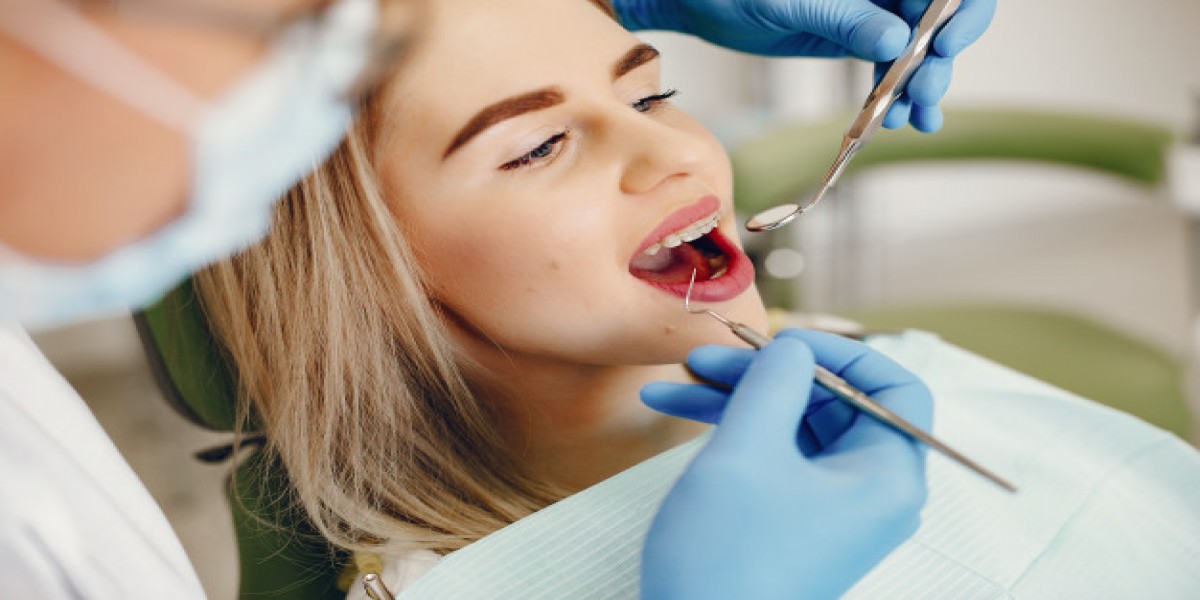
When you are afflicted with diabetes, it affects the body’s ability to process sugar. Both types I and type II diabetes result in high blood sugar that can affect the different organs in the body, including your mouth. If diabetes is left untreated, it could affect your dental health seriously, apart from other serious health problems. Maintaining oral hygiene is crucial at all times, but when you have diabetes, the importance goes several notches higher.
Diabetes and oral health
When you have diabetes, your body will have weakened blood cell production and this prevents your mouth from fighting off bacterial infections. You also tend to experience a dry mouth, because there wouldn’t be enough saliva in the mouth. Diabetic patients have a high amount of sugar in their saliva, and this bacteria feeds off the sugar digested from our food. Plaque forms in the mouth because of this bacteria and that’s how tooth decay happens. So the first major indication of a diabetic patient would be dry mouth. Dry mouth leads to ulcers, soreness and infections as well.
Cavities - The mouth has so many different kinds of bacteria and when you take food and beverages and do not clean your mouth and teeth properly, it is the perfect playground for bacteria. The acids in the mouth attack the teeth, leading to cavities.
Gingivitis and periodontitis - Periodontitis is another complication for diabetic people. Diabetes causes the blood vessels to thicken and as explained earlier, white blood cells to weaken. This combination is not good as it makes the body weak and less prone to bacterial infections. Periodontal disease is gum disease and bacterial infection.
Thrush - Thrush is a fungal (yeast) infection that occurs in the mouth. This fungus thrives on the very little saliva that is left in the mouth and leads to this condition. This often happens to toddlers and children, though adults with weakened immune systems are also prone to it. An anti-fungal treatment will control the problem to an extent.
Poor healing of oral tissues - Wound healing takes time, so if there is a dental procedure or oral surgery, you need to give it time.
So if you are a diabetic patient, you need to be extra cautious with your oral hygiene, brush and floss regularly to keep conditions like gingivitis, thrush and periodontal diseases at bay. If you are a smoker, then it would be wise to quit the habit because smoking increases the risk of diabetic complications and worsen gum diseases.
Visit your dental clinic in Qatar to know more about maintaining oral hygiene when you are afflicted with diabetes. Here are other things to note:
Control your blood sugar, and let your dentist know if your blood sugar levels as it helps them analyse the status of your diabetes. If you’ve had a complication with low blood sugar levels, you must let that be known as well.
Timely deep, dental cleaning would help lower your HbA1c, the test that takes an average of your blood sugar levels. If you have symptoms like dry mouth, thrush, mouth pain or lose of teeth, mention them to your dentist so they can advise you. Brush your teeth and floss regularly to prevent plaque build-up. People with dentures are also susceptible to dry mouth and thrush, so take special care when you are diabetic and wear a denture. Use a soft brush to clean your teeth after every meal. Diabetic patients have a lifelong commitment to maintaining their oral hygiene with extra special care.